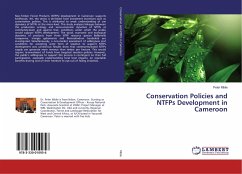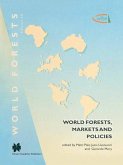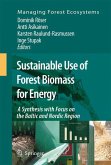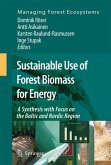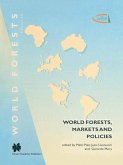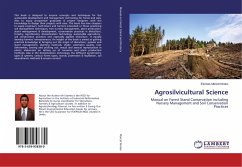Non-Timber Forest Products (NTFPs) development in Cameroon supports livelihoods. Yet, the sector is de-linked from investment incentives such as conservation policies. This is attributed to weak understanding of use dynamics of NTFPs at the micro-level. This study analyzes linkages between the production ecology and socio-economic dynamics of NTFPs at community-level; and against that, conditions under which the public would support NTFPs development. The social, economic and ecological dynamics of products from three NTFP resource species Baillonella toxisperma, Irvingia gabonensis and Ricinodendron heudelotii are investigated. Simultaneously, a non-market assessment of willingness and conditions for accepting some form of taxation to support NTFPs development was carried-out. Results show that community-based NTFPs supply can generate more revenue than timber per hectare. This would require re-investment of funds from targeted taxation policies. However, the public's willingness to support the process is contingent on their full participation, especially understanding local level impacts; on equitable benefits sharing and on their freedom to opt out of failing initiatives.
Bitte wählen Sie Ihr Anliegen aus.
Rechnungen
Retourenschein anfordern
Bestellstatus
Storno

